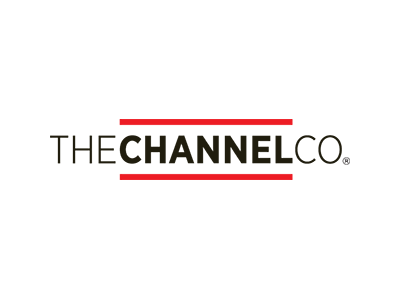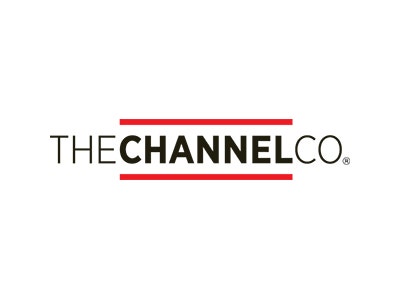IoT Provides Cost-Effective Patient Monitoring
While hospital diagnostic devices are expensive, remote tools that use IoT sensors can monitor a patient almost as effectively and help detect issues that need immediate treatment.

Photo: Libelium MySignals
One of the main challenges for a growing worldwide population is to find new ways to enhance the universal accessibility to a healthcare system. According to the World Health Organization, 400 million people have no access to basic health care. Within that segment, women, children and adolescents are the most vulnerable and at risk in health emergencies. With no or very limited access to health clinic or patient monitoring tools, an early diagnosis of a medical issue—which can often be detected from the first symptom—is impossible.
While hospital monitoring and diagnosis devices are expensive, remote tools that use IoT sensors can monitor a patient almost as effectively and help detect issues that need immediate treatment. One solution focused on patient health monitoring is MySignals, a platform from Libelium, a sensor and IoT services manufacturer based in Zaragoza, Spain. MySignals helps solution providers, developers, researchers and OEMs develop eHealth and medical products, including software applications and sensor networks that measure different body parameters.
The MySignals platform has the capability to measure 20 different biometric parameters, including: pulse, breathing rate, oxygen in blood, electrocardiogram signals, blood pressure, muscle electromyography signals, glucose levels, galvanic skin response, lung capacity, snore waves, patient position, air flow and body scale parameters (weight, bone mass, body fat, muscle mass, body water, visceral fat, Basal Metabolic Rate and Body Mass Index).
Biometric information gathered from the sensors can be wirelessly sent using two available connectivity options: Wi-Fi or Bluetooth Low Energy 4.0.

Photo: My-signals.com
The biometric data gathered by MySignals is encrypted and sent to the Libelium Cloud in real time, where users such as physicians or care providers can see visual analysis on their private account or have it sent directly to a smartphone app. The data can also be gathered, stored and later analyzed.
MySignals capabilities were modeled after the key parameters measured at a hospital observation unit, and Libelium states that the platform can measure biometrics as accurately as a hospital. Libelium states that while a hospital monitoring room costs approximately $100,000, MySignals reduces the cost of patient monitoring 100 times, to approximately $1.
Portable Healthcare for Rural Populations
MySignals is portable enough to fit in a small suitcase, so the unit can be deployed and distributed anywhere it is needed, including small villages located in rural areas or locations that are difficult to access, such as mountain communities or rain forests. Libelium notes that this product could be a lifesaver, as half of the world’s population—or 3.3 billion people—live in rural areas.
Many of these regions offer residents limited healthcare access, and traveling to a larger city where hospitals are located is too expensive. These small villages don’t have clinics or hospital diagnosis rooms to help analyze a first symptom. If someone such as a child falls ill, the parent has no way of knowing if the child is having a false symptom or a more serious issue that requires medical assistance or specialized hospital care.
Reducing Neonatal Mortality
Patient monitoring tools can be extremely useful for pregnant women. By monitoring those at risk of suffering arterial hypertension, for example, healthcare teams can identify the symptoms of preeclampsia and prevent the disease.
One high-risk area is the Dominican Republic. In 2016, the Dominican Republic registered 168 mother deaths and 2,441 neonatal deaths. About 72 percent of the babies died before their first month of life. The rate of neonatal mortality in the country is third in Latin America: 25 for every 1,000 live births. According to Dominican Republic’s study by UNICEF, “13 babies younger than 28 days die every day, with 80 percent of these deaths preventable.”
A team of doctors and a local medical foundation are collaborating with Libelium to try and reduce the high mortality rate. With the aim of monitoring patients with the risk of arterial hypertension, the Infectología’s Dominican Foundation team uses MySignals to identify symptoms in patients in several sanitary centers, including the Hospital Maternidad Los Minas in Santo Domingo, and the Hospital Dr. Jaime Mota in Barahona.

Photo: MySignals, Libelium
In addition to pregnant mothers and babies, MySignals is being used in the Robert Reid Cabral Hospital with pediatric patients, measuring the temperature, position, SPO2, ECG and arterial pressure. The platform is programmed to use a time cycle, so the blood pressure is taken and sent in real time to the MySignals Cloud and mobile app.
Join the Healthy IoT Marketplace
- Read the full case study and see the results of using MySignals in the Dominican Republic.
- Download a MySignals eHealth development kit at The IoT Marketplace.
- Find out how to become a Libelium IoT partner.